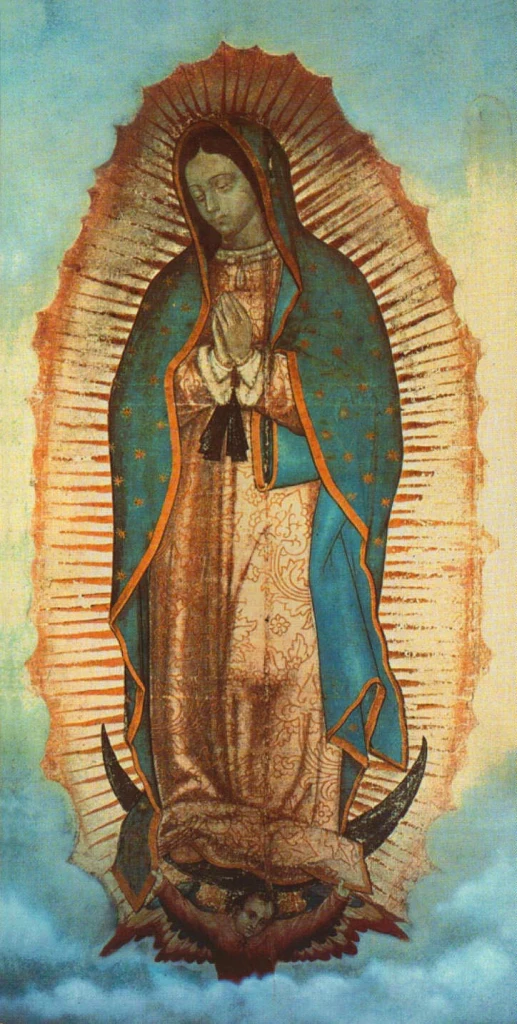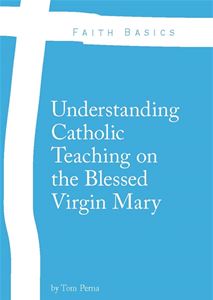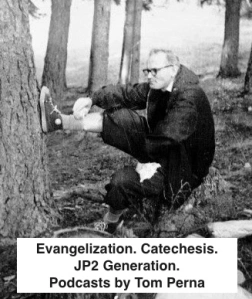“Who warned you to flee from the wrath to come? Bear fruit worthy of repentance.” (Matt. 3:7-8).
- There are two things which lead to penance, namely, a realization of our own sins and a fear of Divine judgment. “Evil plans are an abomination to the Lord” (Prov. 15:26). “So that you may know there is a judgment.” (Job 19:29). Ambrose and Chrysostom explain concering the future, namely, “Who hath showed you, so that you might abandon evil” Who, but God? Show to us, O Lord, Thy mercy and grant to us thy salvation.” (Ps. 84:8). Rabanua [Blessed Rabanus Maurus] also explains concering the future wrath thus: “It is good that you do penance, otherwise who shall show you to flee from the wrath to come? Psalm 139:8, says, “If I ascend to heaven, you are there; if I make my bed in Sheol, you are there.” The anger of God must not be taken as an affection of His mind, but as an effect. Hence His anger is His just revenge.
There are two classes of people who are unwilling to do penance, namely, those who disbelieve in the judgment and those who delay their repentance. “Guard your steps when you go to the house of God; to draw near to listen is better than the sacrifice offered by fools.” (Eccl 5:1). And again, Job 19:29, advises to “wrath brings the punishment of the sword, so that you may know there is a judgment.”
The other class delay to penance, and concerning these it is said (2 Peter 3:9): “The Lord is not slow about his promise, as some think of slowness, but is patient with you, not wanting any to perish, but all to come to repentance.” But John excludes both reasons saying, “Even now the ax is lying at the root of the trees; every tree therefore that does not bear good fruit is cut down and thrown into the fire.” (Luke 3:9). As if the Evangelist had said, “Let us not delay to do penance.”
- Bring forth, therefore, fruit worthy of penance.” On the fruit tree the fruit appears after the blossoms (or flowers) appear and if there are no blossoms on the tree no fruit will follow. The flower, indeed, of penance appears in sorrow for sin, but the fruit of penance appears in good works. “My flowers are the fruit of honor and riches.” (Eccles. 24:23, [Book of Sirach]). It must be observed that there is one fruit of justice and another fruit of penance; for more is demanded from the penitent than from a person who does not commit sin.
There is a threefold fruit worthy of penance. The first is that the sinner do penance according to the judgment of the priest, “For after I had turned away I repented; and after I was discovered, I struck my thigh; I was ashamed, and I was dismayed because I bore the disgrace of my youth.” (Jer. 31:19), “that is, I have afflicted my flesh.”
The second fruit worthy of penance is that he sinner flee from sin and the occasions of sin. Hence it is said that to satisfy for sin is to shun the causes of sin. “Have you sinned, my child? Do so no more, but ask forgiveness for your past sins. (Sirach 21:1). “Flee from sin as from a snake; for if you approach sin, it will bite you. Its teeth are lion’s teeth, and can destroy human lives.” (Sirach 21:2).
The third fruit worthy of penance is that the sinner exert himself as much in doing good as he did in committing sin. “For just as you once presented your members as slaves to impurity and to greater and greater iniquity, so now present your members as slaves to righteousness for sanctification.” (Rom. 6:19). (Matt. 3).
Categories: The Meditations of St. Thomas Aquinas









Peace be with you Tom!!
Mother Angelica lives!!
Make this a great day!
Cathleen